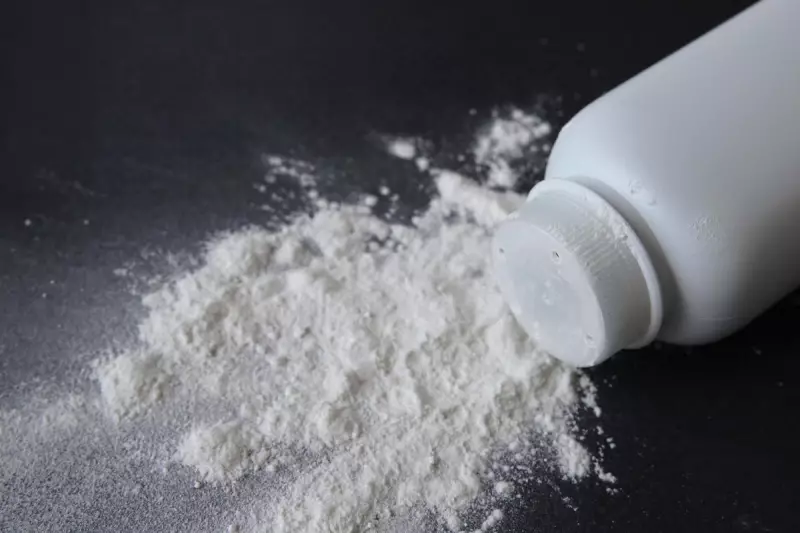
In a landmark case that has sent shockwaves through the pharmaceutical industry, Johnson & Johnson has reached a staggering $700 million settlement over allegations that their iconic talcum powder contained asbestos and caused life-threatening health conditions.
The Hidden Danger in Everyday Products
For decades, Johnson & Johnson's baby powder was considered a household staple, trusted by millions of families for infant care and personal hygiene. However, court documents revealed a disturbing truth: the company's talc-based products allegedly contained trace amounts of asbestos, a known carcinogen directly linked to ovarian cancer.
The settlement comes after years of legal battles involving over 40 states across the US, with prosecutors arguing that Johnson & Johnson knowingly sold contaminated products while concealing the potential health risks from consumers.
Thousands Affected by Corporate Negligence
Medical research has consistently shown that regular use of talcum powder in the genital area can increase the risk of ovarian cancer by up to 30-60%. The case against Johnson & Johnson involved numerous women who developed ovarian cancer after years of using the company's talc products for feminine hygiene purposes.
"This isn't just about compensation—it's about corporate accountability," stated Hannah Fletcher, who has extensively covered the story. "Families placed their trust in a brand that allegedly prioritised profits over consumer safety."
What This Means for UK Consumers
While the settlement primarily addresses US cases, the implications are global. Johnson & Johnson has faced similar legal challenges worldwide, raising serious questions about product safety standards and corporate transparency in the healthcare industry.
The company has since discontinued talc-based baby powder in favour of cornstarch alternatives, though the decision came only after mounting legal pressure and public outcry.
Key Developments in the Case:
- $700 million settlement agreed across 40+ US states
- Thousands of ovarian cancer cases linked to talc product use
- Johnson & Johnson accused of knowingly selling contaminated products
- Global shift away from talc-based personal care products
- Ongoing discussions about stricter regulation of cosmetic ingredients
This case serves as a crucial reminder of the importance of corporate transparency and rigorous safety testing in consumer products, particularly those used by vulnerable populations including infants and new mothers.





